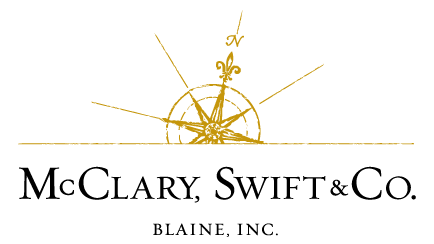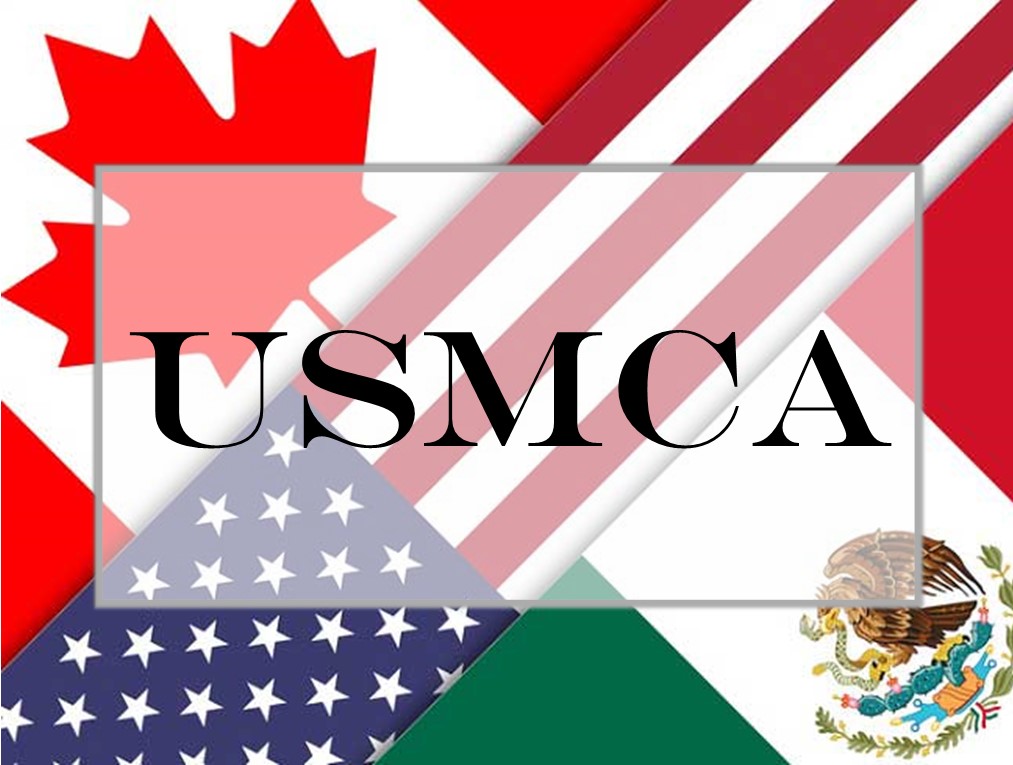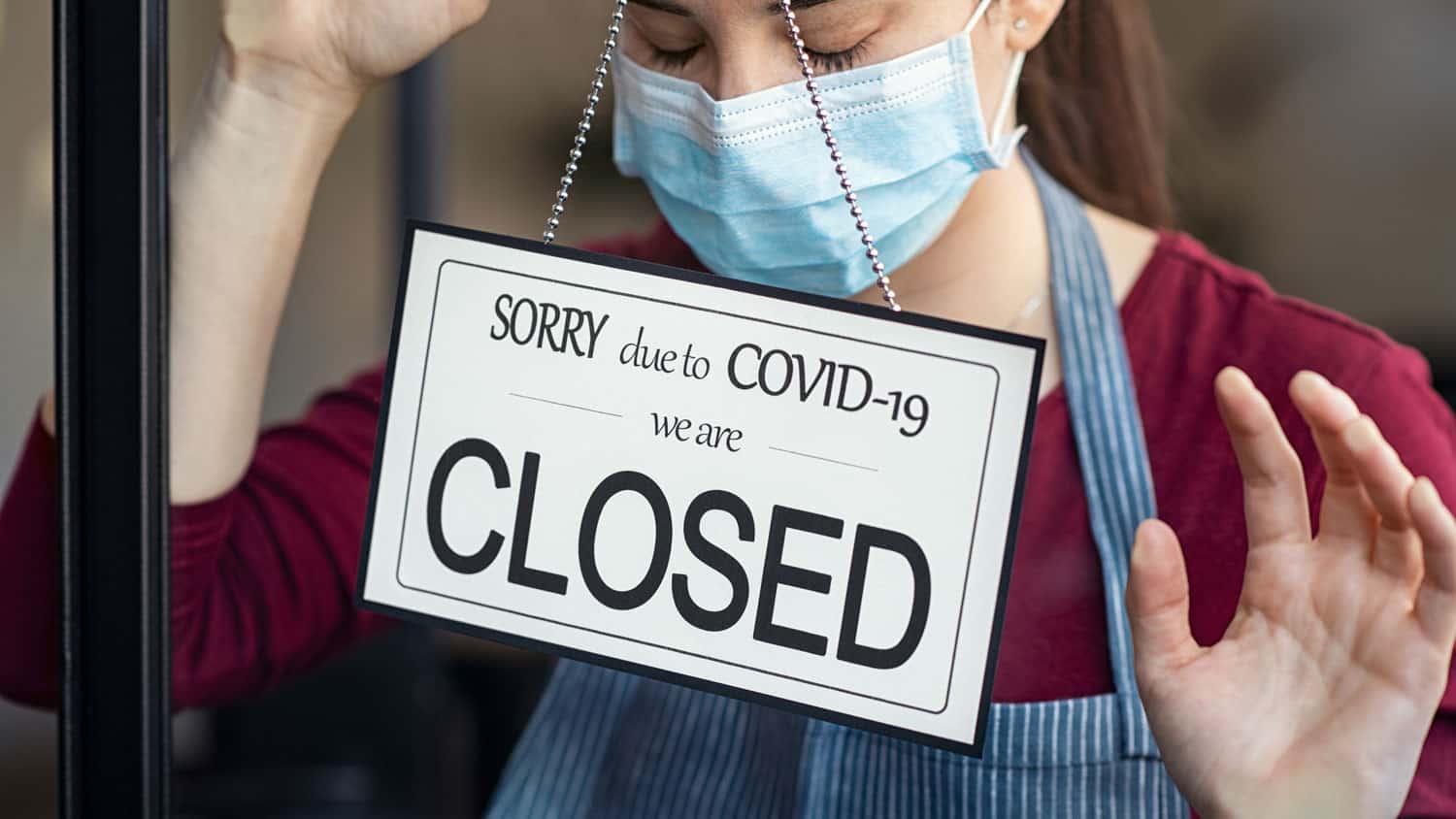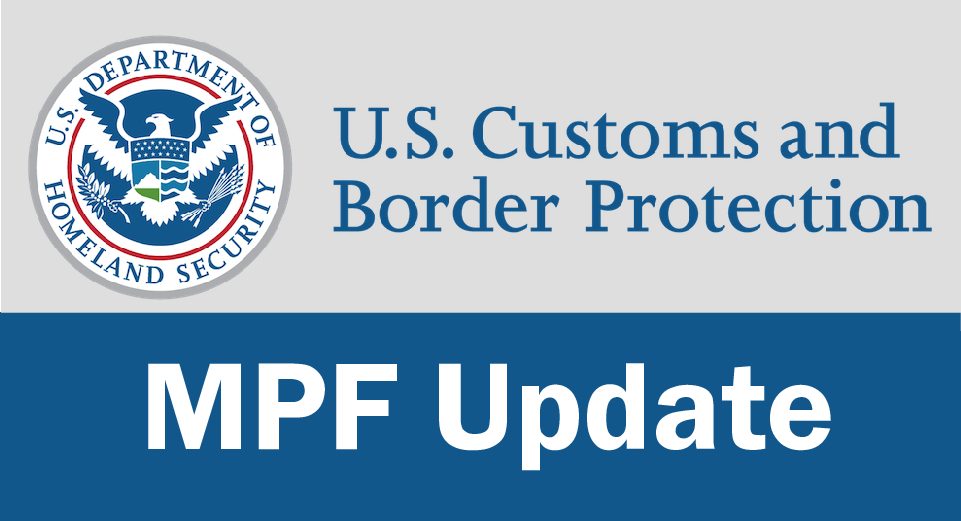United States – Mexico – Canada Agreement
USMCA
Implementing Information
To download a copy of our USMCA cerificate, please click HERE
Background:
The USMCA was signed on December 10, 2019 and has been ratified by all three countries, with final ratification on March 13, 2010. The effective date is July 1, 2020.
Duties on qualifying goods have already been phased out under NAFTA, so the new agreement will have minimal effect on duty. However there are significant changes in the rules of origin for automobiles, automobile parts, textiles and apparel.
Rules of Origin:
An “originating good” is one that meets the rules of origin set forth in General Note 11 and all other requirements of the Agreement.
Not all products made in US, Canada or Mexico qualify as “originating.” In order to claim preferential duty free treatment under the USMCA, a qualifying good must meet the specific rule of origin corresponding to its tariff classification.
In general, under the USMCA a good is originating when:
a) The good is wholly obtained or produced entirely in the territory of one or more of the Parties, as defined in Article 4.3 of the Agreement;
b) The good is produced entirely in the territory of one or more of the Parties using non- originating materials provided the good satisfies all applicable requirements of product- specific rules of origin;
c) The good is produced entirely in the territory of one or more of the Parties exclusively from originating materials; or
d) Except for a good provided for in Chapter 61 to 63, HTSUS:
e) The good is produced entirely in the territory of one or more of the Parties, is classified with its materials or satisfies the “unassembled goods” requirement, and meets a regional value content threshold of not less than 60% if the transaction value method is used or not less than 50% if the net cost method is used (not including RVC for autos); and
f) The good satisfies all other applicable origin requirements.
The are several changes in the rules of origin from NAFTA to the USMCA that may impact your products. Due to these changes, many products that qualified as “originating” under NAFTA may no longer qualify under USMCA.
We recommend that importers review their products for which they are currently claiming preferential treatment and review their corresponding rules of origin to determine if they still qualify for preferential treatment under the new USMCA rules of origin.
Rules of Origin for Automotive Goods:
“Automotive good” means a passenger vehicle, light truck or heavy truck (“covered vehicle”) or a part, component or material listed in the Appendix to Annex 4-B, also known as the “automotive appendix.”
This appendix includes additional requirements that apply to automotive goods, including additional certification requirements.
Rules of Origin for Textiles and Apparel:
In general, the USMCA textile/apparel rules of origin are based on the yarn forward concept. The yarn forward concept requires that the formation of yarn, weaving or knitting of fabric, and cutting and sewing of a garment must occur in one or more of the Parties to the agreement.
Generally, if the fabric is originating, then the resulting garment made from that fabric will also be originating.
De Minimis:
The USMCA has a 10 percent de minimis provision for most goods, with certain exceptions for goods classified in Chapter 1-27 and for textile and apparel goods. The de minimis under NAFTA was 7 percent.
Under the de minimis rule, a good is an originating good if the value of all non-originating materials used in the production of the good that do not undergo an applicable change in tariff classification set out in GN 11 is not more than 10 percent of either: (1) the transaction value of the good adjusted to exclude any costs incurred in the international shipment of the good; or (2) the total cost of the good.
Merchandise Processing Fee (MPF) Exemption:
The USMCA provides that originating goods are exempt from MPF.
Making a Claim for Preferential Treatment:
To make a preferential claim, the importer must have an originating good and a certification of origin.
An importer is required to have a valid certification of origin in its possession at the time the USMCA preference is made.
A certification is not required for importations valued at $2,500 or less.
All claims are subject to verification by U.S. Customs. Audits of preferential claims are typically performed by CBP after the goods have been imported. If CBP determines the goods do not qualify as originating, they may deny the original claim and assess duty retroactively.
Certification of Origin – Data Elements:
There is no specific form required to make a claim. However, any certification of origin that is the basis for a claim for preferential tariff treatment under the USMCA shall include the following elements:
- Importer, Exporter or Producer Certification of Origin ( MAY CHANGE to certifier info)
- Certifying Party
- Exporter
- Producer
- Importer
- Description and Tariff Classification of the Good
- Origin Criteria
- Blanket Period – if covering multiple shipments
- Authorized Signature and Date
Please see our sample “USMCA Certification of Origin”
Recordkeeping Requirements:
Any importer who claims preferential tariff treatment for a good imported into the United States from a USMCA country must keep the following documentation for a period of no less than five years from date of entry:
- Records and supporting documentation related to the importation;
- All records and supporting documents related to the origin of the good (including any certifications or copies thereof); and Records and supporting documentation necessary to demonstrate compliance with the transit and transshipment provisions in Article 4.18 of the Agreement.
Post Importation Claims:
The importer may make a post importation claim within one year of the date of importation.
MPF will not be refunded.
References:
United States-Mexico-Canada Agreement (USMCA) Final Text:
https://ustr.gov/trade-agreements/free-trade-agreements/united-states-mexico-canada-agreement
United States-Mexico-Canada Agreement (USMCA) Bill HR 5430:
https://www.congress.gov/116/bills/hr5430/BILLS-116hr5430enr.pdf
U.S. Trade Representative (USTR) – USTR.gov:
https://ustr.gov/trade-agreements/free-trade-agreements/united-states-mexico-canada-agreement
U.S. Customs and Border Protection (CBP) – Implementing Instructions – CBP.gov:
https://www.cbp.gov/document/guidance/usmca-interim-implementation-instructions
U.S. International Trade Commission-Harmonized Tariff Schedule of the United States:





